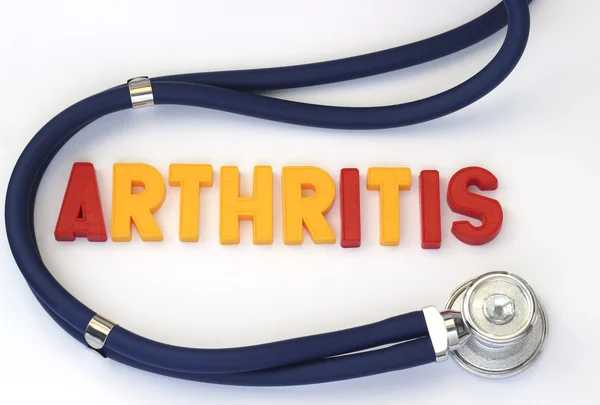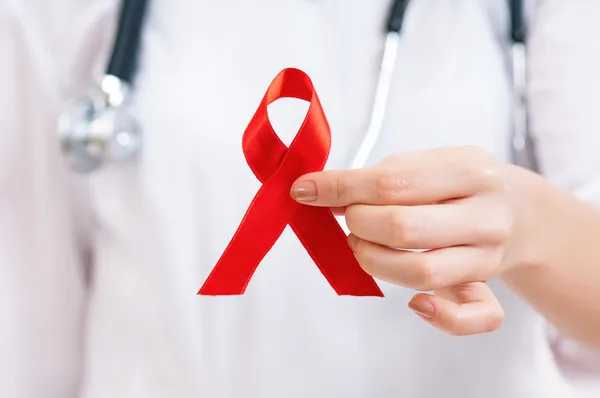Living with HIV: Mental Health and Emotional Well-being
For those living with HIV, mental health is just as crucial as physical health. A diagnosis of HIV can bring about a mix of emotions and challenges, from fear and sadness to anxiety and isolation. As important as medication and healthcare support are, fostering mental health and emotional well-being is key to managing the disease and living a fulfilling life. This article explores the mental health impacts of HIV, common emotional challenges, and strategies for building resilience and well-being.
For those living with HIV, mental health is just as crucial as physical health. A diagnosis of HIV can bring about a mix of emotions and challenges, from fear and sadness to anxiety and isolation. As important as medication and healthcare support are, fostering mental health and emotional well-being is key to managing the disease and living a fulfilling life. This article explores the mental health impacts of HIV, common emotional challenges, and strategies for building resilience and well-being.
The Psychological Impact of an HIV Diagnosis
An HIV diagnosis can be a life-changing event, often accompanied by a range of intense emotions. Common initial reactions include shock, disbelief, and fear. People may worry about the impact of HIV on their health, relationships, career, and future plans. The stigma surrounding HIV can also heighten feelings of shame, guilt, and isolation, adding to the emotional burden.
Adjusting to life with HIV is a process, and while it may be challenging, many people find that over time they can adapt to their diagnosis, manage their health effectively, and continue to pursue their goals.
Common Mental Health Challenges for People with HIV
Mental health challenges are common among people living with HIV. Some of the most common include:
- Depression: People with HIV are at a higher risk of experiencing depression, which may be related to the stigma of the illness, health concerns, and isolation. Symptoms of depression include persistent sadness, loss of interest, fatigue, and changes in appetite or sleep.
- Anxiety: Anxiety is another common response to an HIV diagnosis, especially regarding health, treatment, and disclosure to others. Some people may also experience panic attacks or ongoing worry about their health and future.
- Stress: Managing HIV can be stressful due to treatment regimens, regular medical appointments, and concerns about disease progression. Financial stress may also be a factor, especially for those who face challenges with employment or healthcare costs.
- Social Isolation: Fear of discrimination and rejection can lead some people to isolate themselves. The stigma surrounding HIV can make it difficult to open up to friends and family, leading to loneliness and a lack of social support.
- Self-Stigma: Some people with HIV may internalize negative stereotypes or societal judgments, leading to feelings of self-stigma, guilt, or shame. This self-stigma can contribute to low self-esteem and affect mental well-being.
Managing Mental Health with HIV
Caring for mental health is an essential part of managing HIV. Here are some strategies to help:
- Seek Support
Social support is crucial for mental well-being. Talking to friends, family, or loved ones can provide a sense of connection and understanding. Support groups, either in person or online, offer a space where people with HIV can connect with others facing similar challenges. Many people find strength and reassurance in these communities.
Professional counseling or therapy can also be beneficial. Mental health professionals, especially those experienced in working with people with HIV, can provide coping strategies and support. Cognitive-behavioral therapy (CBT) and other therapeutic approaches have been shown to help manage depression, anxiety, and other challenges.
- Educate Yourself about HIV
Education can be empowering. Learning about HIV, how it affects the body, and treatment options can reduce fears and misconceptions. Knowing that HIV is a manageable condition with proper care can provide a sense of control and help ease worries. Information on advancements in HIV treatment and management can also bring optimism and reduce anxiety about the future.
- Practice Self-Care
Self-care is essential for maintaining both physical and mental health. This includes:
- Physical Activity: Exercise is not only good for physical health but also releases endorphins, which can boost mood and reduce stress.
- Nutrition: Eating a balanced diet supports overall health and can help improve energy levels and mental clarity.
- Sleep: Quality sleep is essential for emotional resilience and stress management.
- Mindfulness and Relaxation: Practices like meditation, deep breathing, or yoga can help manage stress and enhance mental well-being.
- Manage Stress with Healthy Coping Mechanisms
Stress is a part of life, but how it is managed can make a big difference. Avoiding harmful coping mechanisms, such as alcohol or drug use, is important. Instead, engage in hobbies, spend time with loved ones, or try relaxation techniques. Practicing mindfulness or spending time in nature are great ways to manage stress healthily.
- Set Realistic Goals and Build a Routine
Setting achievable goals and maintaining a routine can create a sense of purpose and control. These goals don’t have to be major milestones; they can include daily tasks, health goals, or personal aspirations. Celebrating small achievements can boost confidence and motivation.
- Prepare for Disclosure Conversations
Deciding who to tell about an HIV diagnosis is a personal choice. Preparing for disclosure conversations can help reduce anxiety. It may help to first share the diagnosis with someone trusted and supportive. Knowing how and when to disclose information can make a difference in coping with fears about stigma or rejection.
HIV and the Impact of Stigma
Stigma remains one of the most significant challenges people with HIV face. Negative stereotypes and misinformation about HIV can lead to discrimination and social isolation. Addressing stigma is important for mental well-being, and there are steps individuals and communities can take to combat it:
- Challenge Misconceptions: Correcting misinformation about HIV can reduce stigma. HIV cannot be transmitted through casual contact, and people with HIV can live long, healthy lives when properly managed.
- Educate Others: By educating family, friends, and the wider community, individuals can help reduce stigma. Increasing awareness and understanding of HIV can promote acceptance and compassion.
- Focus on Positive Self-Image: Self-stigma, or internalized stigma, can be combated by focusing on one’s strengths, practicing self-compassion, and surrounding oneself with supportive people.
Treatment and Mental Health
ART (Antiretroviral Therapy) is the foundation of HIV treatment. Keeping up with ART not only manages the virus but also supports mental well-being by reducing concerns about health. ART can reduce the viral load to undetectable levels, meaning the virus cannot be transmitted through sex (Undetectable = Untransmittable, or U=U). Knowing this can provide significant relief, improve self-confidence, and reduce anxiety about transmission risks.
However, ART can sometimes come with side effects that impact mental health, such as fatigue or mood changes. It’s essential to communicate with healthcare providers about any side effects or mental health concerns to adjust treatment as needed.
Finding Meaning and Purpose
Many people with HIV find strength by focusing on their passions, values, and goals. Engaging in meaningful activities—such as work, volunteering, creative pursuits, or advocacy—can enhance life satisfaction. Some find that becoming advocates or educators on HIV brings a sense of purpose and connection to others.
Conclusion
Living with HIV can bring about mental health challenges, but with the right strategies, support, and outlook, people with HIV can maintain emotional well-being and lead fulfilling lives. Prioritizing mental health, building a support network, and taking steps to combat stigma are essential. Through self-care, education, and treatment, people with HIV can thrive and enjoy rich, purposeful lives.
Focusing on resilience, acceptance, and self-compassion can create a positive foundation for mental health, helping individuals face life’s challenges with strength and optimism.








